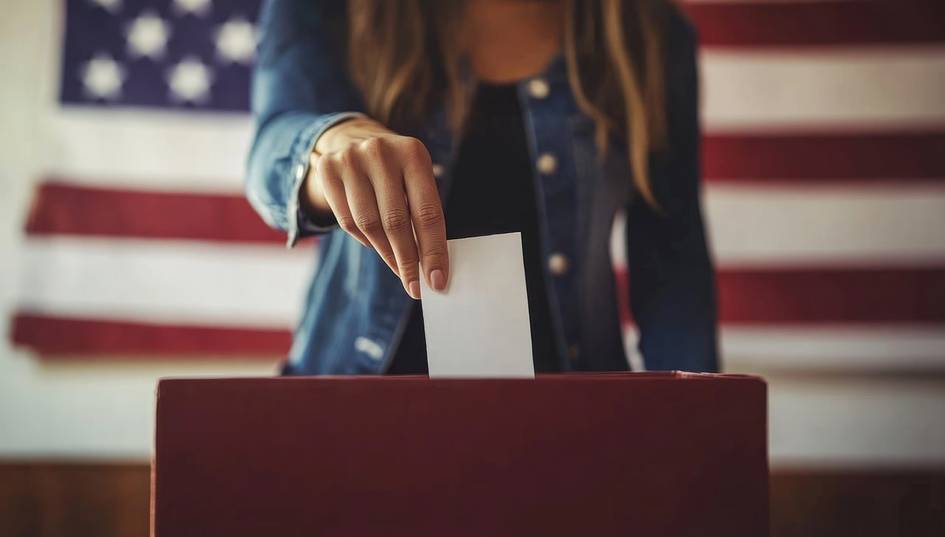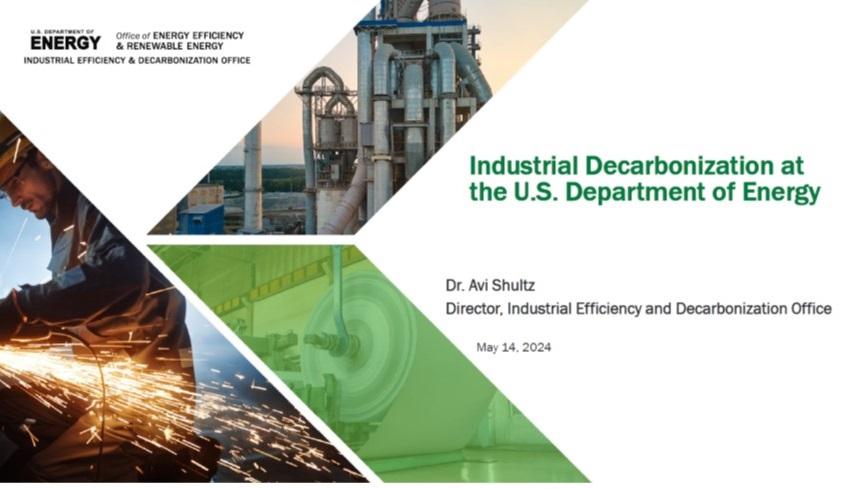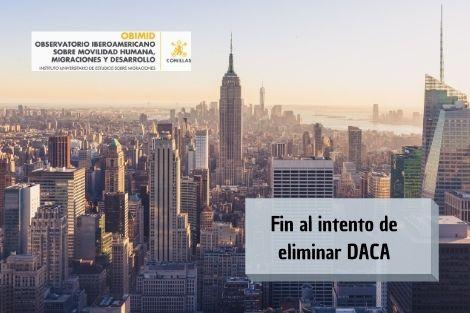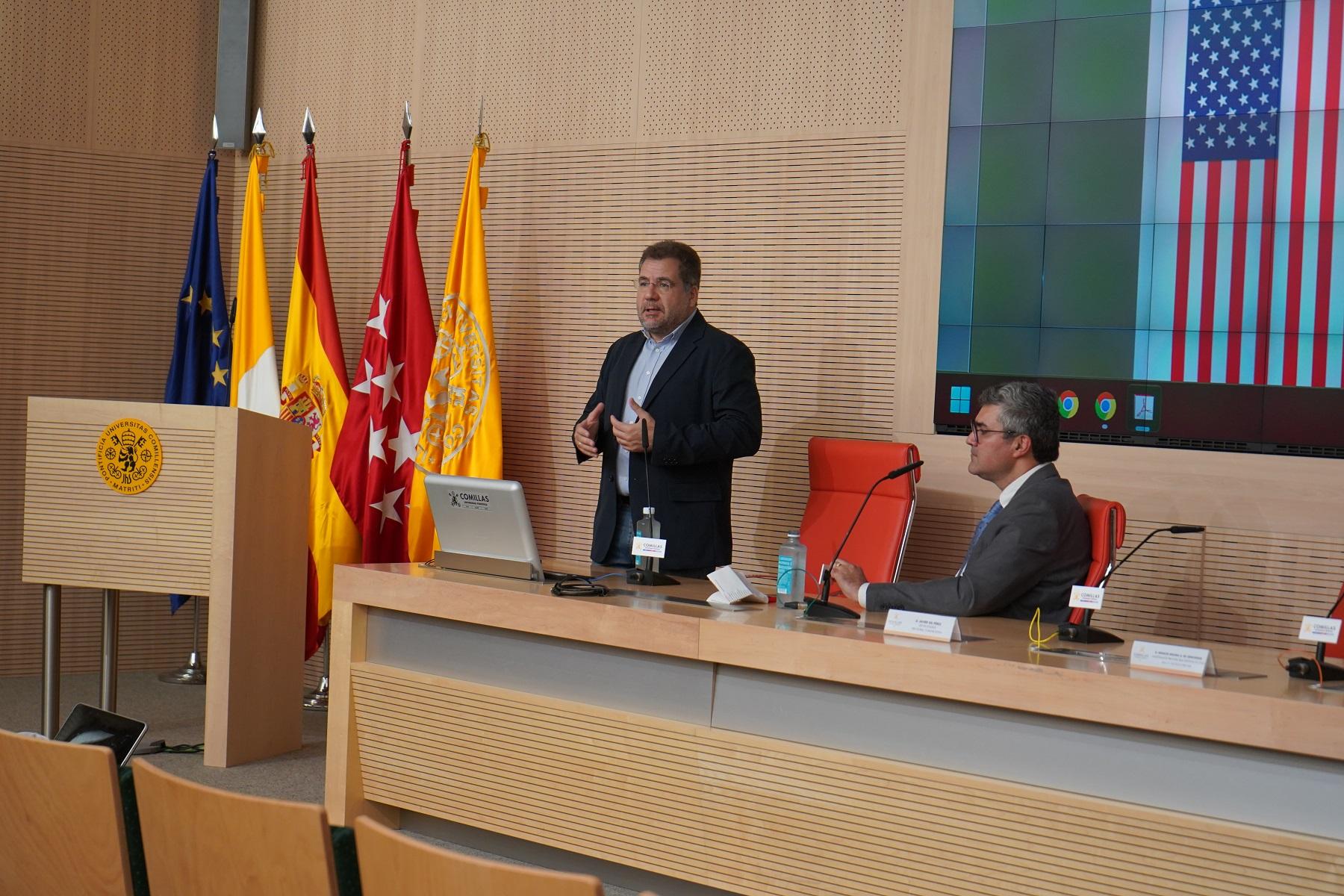The American elections: democracy at stake
A webinar organised by Comillas CIHS analyses the electoral situation of the United States ahead of the elections on November 5

4 November 2024
The United States returns to the polls on 5 November to decide whether it will be Donald Trump or Kamala Harris who will hold the presidency of the most powerful country in the world, which currently has numerous open fronts both internally and in foreign policy. Several experts analysed the situation during the webinar "Harris vs. Trump. Prospects for the 2024 U.S. Elections", organised by the Department of International Relations at Comillas CIHS and Pace University in New York.
Seventy per cent of voters in the United States believe that democracy is in danger in their country. Even so, "from abroad it is surprising that one of the candidates does not have democratic values and is accused of not being in favour of the democratic system, which is the core of the US political system", said Íñigo Arbiol, Director of the Master's Degree in International Relations and Diplomacy at Deusto.
The speakers agreed that in the United States there are two opposing Americas and that polarisation is very high. "The Democratic and Republican parties are very distant from each other, and the results could go in two very different directions depending on who wins," said George Picoulas, Lecturer in Political Science at Pace University.
For her part, Amy Friedman, Lecturer in Political Science also at Pace, highlighted the "loyalty" of Trump's supporters, who "don't care what decisions he might make, they are very passionate, and rfollow him more for his person than his policies, which allows Trump to take whatever position he wants". Harris, however, runs up against "the African-American and Latino communities divided, when traditionally you've always come in on the side of the Democrats", in Friedman's opinion.
Both candidates are up in the air, there is a surprising technical tie and, in Arbiol's opinion, "it is surprising that of the number of voters who are called to the polls, only a handful will decide who will be president".
Emilio Sáenz-Francés, Director of the Department of International Relations at Comillas, explains that webinars like this one "help to strengthen strategic collaborations with other universities".
You may also be interested in

El IEDO basa la estrategia de descarbonización industrial en cuatro pilares: eficiencia energética; electrificación; suministros, energía y combustibles bajos en carbono; CCUS.

Tras la orden judicial se ha dado golpe final al intento por eliminar este programa.

Ignacio Molina, researcher at the Real Instituto Elcano and lecturer at the Universidad Autónoma de Madrid, gave the session
